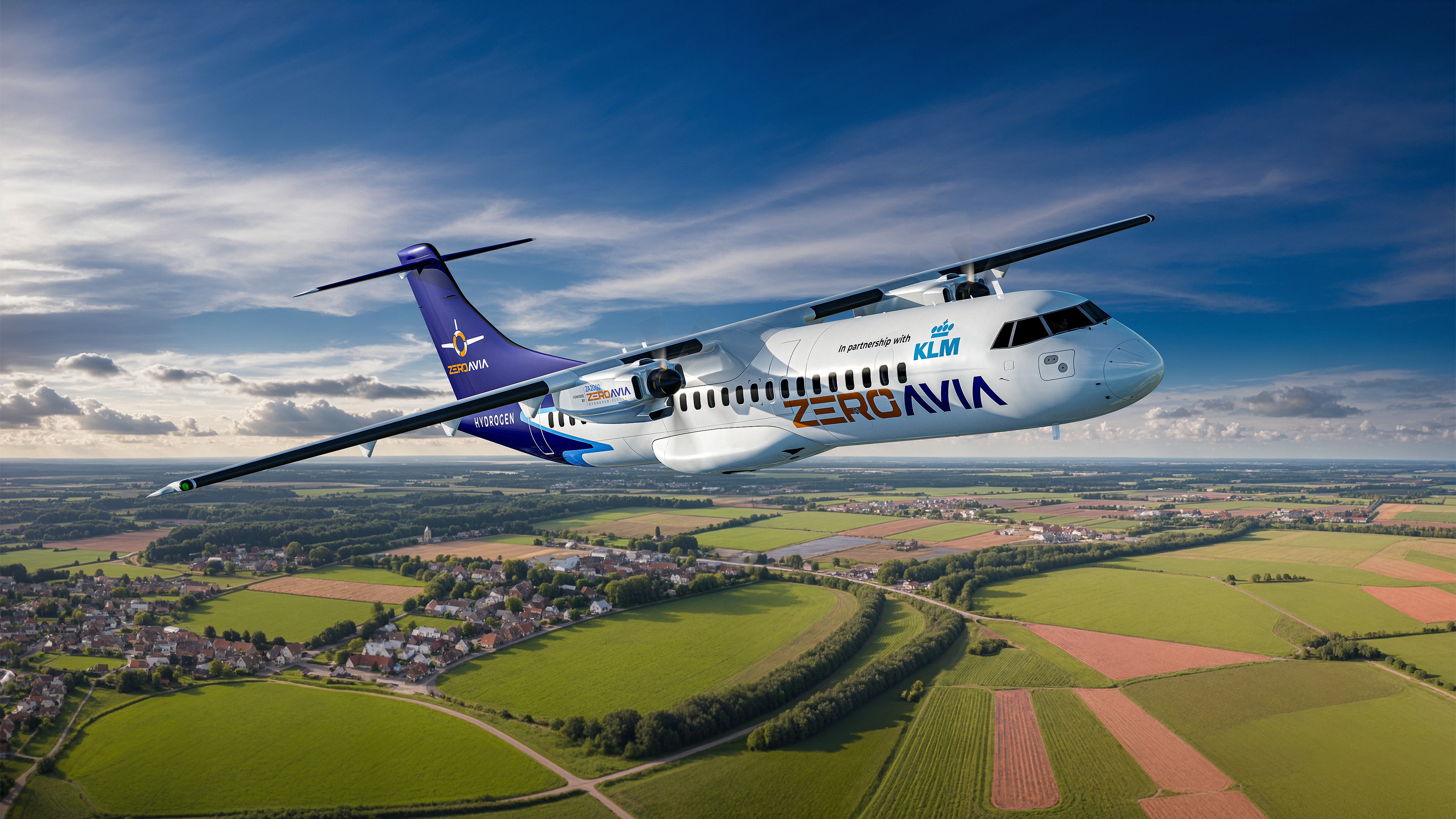ZeroAvia and KLM Royal Dutch Airlines Collaboration for Hydrogen-Electric Aircraft Innovation
Key Ideas
- ZeroAvia and KLM Royal Dutch Airlines are partnering for a demonstration flight using ZA2000 zero-emission, hydrogen-electric engines for large regional turboprop aircraft.
- Hydrogen-electric engines utilize hydrogen in fuel cells to generate electricity, resulting in a 90 percent reduction in climate impact compared to kerosene-fueled flights.
- The collaboration aims to conduct an A-to-B flight demonstration in 2026, prioritize regulatory permits, ensure hydrogen fuel supply, and develop necessary infrastructure for aircraft fueling.
- KLM is committed to sustainability in aviation, supporting advanced technologies like hydrogen and electric aviation as part of its efforts to decarbonize the industry alongside other sector partners.
ZeroAvia and KLM Royal Dutch Airlines have teamed up to explore the use of hydrogen-electric engines, specifically the ZA2000 system, in large regional turboprop aircraft. These engines generate electricity from hydrogen in fuel cells to power electric motors, resulting in near-zero emissions of only low-temperature water vapor. Studies suggest a significant 90 percent reduction in climate impact compared to traditional kerosene-fueled flights. The collaboration's main target is to showcase an A-to-B flight demonstration between two airport locations by 2026. Immediate priorities include securing regulatory permits, ensuring a stable supply of liquid hydrogen fuel, and establishing the necessary infrastructure for aircraft fueling. This initiative by KLM and ZeroAvia is crucial for promoting cleaner flight options within KLM's network and accelerating the development of hydrogen aircraft concepts across the EU. KLM's dedication to sustainability is evident through its support for innovative technologies like hydrogen and electric aviation, aligning with its goal to drive industry change and reduce carbon emissions. ZeroAvia's successful testing of the ZA600-engine prototype and key building block technologies for the ZA2000 system signifies progress towards sustainable aviation solutions. The ZA2000 system is designed to accommodate up to 80-seat regional turboprop aircraft, demonstrating the practical potential of hydrogen-electric propulsion in commercial aviation.
Topics
Fuel Cells
Innovation
Environment
Clean Technology
Partnership
Sustainable Aviation
Technology Development
European Union
Airline Industry
Latest News
